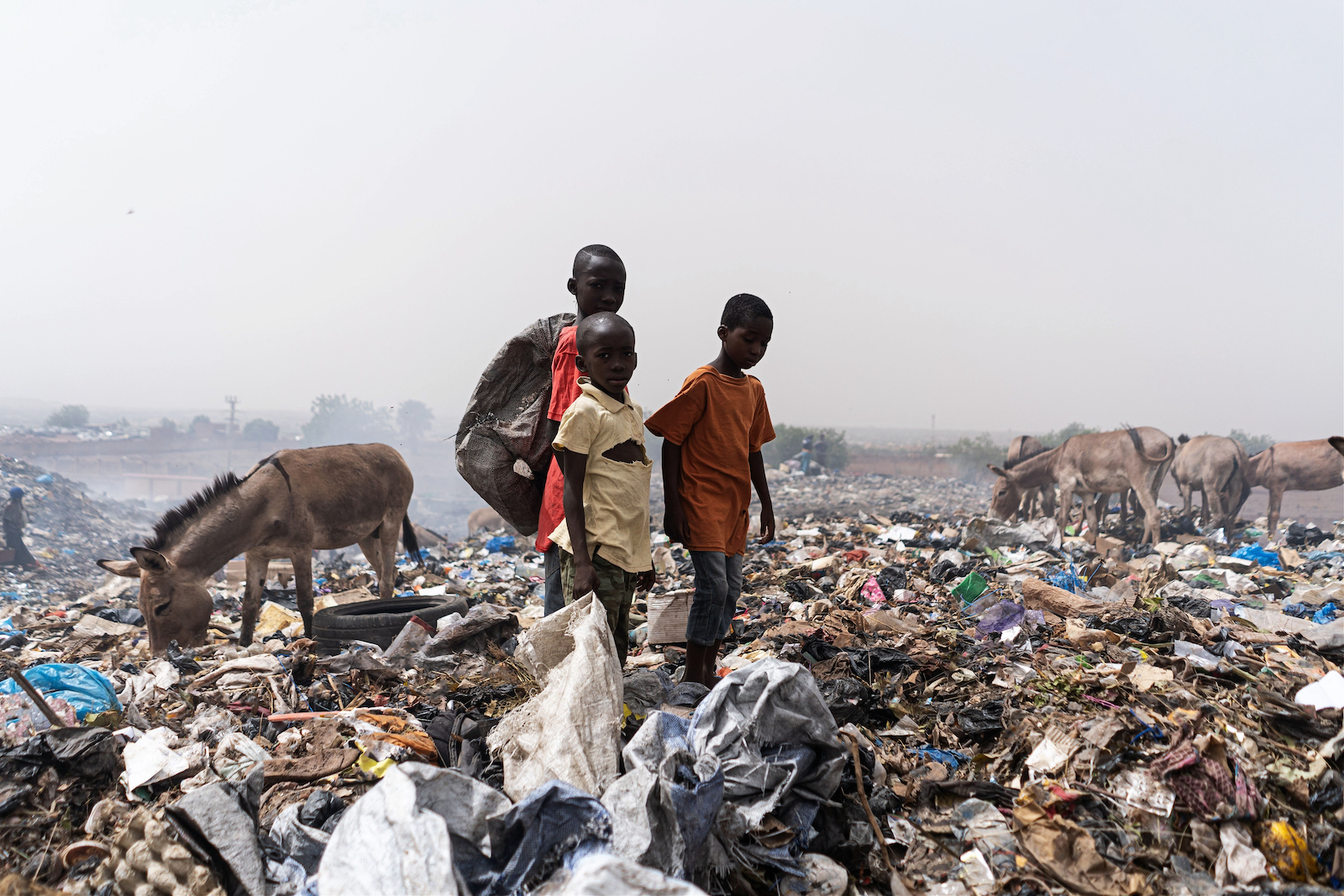
The Energy Transition Shouldn’t Short Change People
In October, the United Nations Working Group on Business and Human Rights presented its report, “Extractive Sector, Just Transition and Human Rights,” to the UN General Assembly. The report delves into the collaborative measures that countries and businesses can adopt to ensure that the energy transition not only adheres to human rights mandates but also advances sustainability.
This report is among the latest in a series of international efforts that highlight the urgent necessity for countries and corporate actors to align their climate change mitigation strategies with overarching sustainability and human rights imperatives. Recent initiatives that share this focus include the International Labour Organization’s Just Transition Resolution, the revised OECD Guidelines for Multinational Enterprises on Responsible Business Conduct, and the African Commission’s Resolution on Business and Human Rights in Africa.
Amidst the climate crisis, numerous countries and businesses across the globe have embarked on ambitious energy transition programs aimed at reducing greenhouse gas emissions. Nonetheless, the implementation of these programs has been associated with increased risks of energy insecurity, land appropriation controversies, rising unemployment, social disenfranchisement, and conflict in various regions. As policies and projects promoting clean energy escalate in ambition and scale, the global demand for minerals crucial for electric vehicle batteries and renewable energy infrastructure, such as cobalt and rare earth minerals, is anticipated to surge fivefold.
This escalated demand for energy transition minerals has led to a spike in the illicit trade and exploitation associated with these materials, including modern slavery and child labor. An alarming report from the ILO highlights that children as young as seven have been forced into labor in the cobalt mines of the Democratic Republic of Congo, a nation that accounts for over half of the world’s cobalt production.
As early as 2010, the UN Security Council urged states to exercise due diligence concerning Congolese mineral products to preempt violations of international human rights and humanitarian law. These developments underscore the critical need for embedding robust human rights and sustainability measures within energy transition programs to prevent any backsliding on the progress made on various Sustainable Development Goals, particularly those related to decent work, poverty alleviation, and ensuring access to modern energy for all.
There is an exigent global need for an energy transition agenda that is equitable, and inclusive and omits no individual or community. It is incumbent upon businesses and investors to align their energy transition plans and investment choices with the stipulations of the Paris Agreement, particularly those concerning the respect and promotion of human rights in climate action. This alignment involves conducting thorough human rights and environmental impact assessments during the planning, funding, and execution stages of energy transition initiatives, as well as swiftly addressing any negative impacts and risks that may arise.
Adopting such measures presents a sound business rationale in terms of minimizing risk, managing reputation, and averting intricate legal challenges. A just transition further mandates systemic transformations that nurture sustainable consumption patterns, facilitate equitable access to clean energy, and consider the welfare of humanity and the environment, all in strict adherence to international human rights legislation and guiding principles as laid out by the United Nations.
The mandate for “inclusive and participatory approaches to just transitions that leave no one behind” was a pivotal resolution reached at the recent COP28 in Dubai. The conference’s resulting document accentuates the necessity for just transition pathways as integral to the action framework for realizing the Paris Agreement’s objectives. As nations progress in detailing the practicalities of this resolution, it becomes imperative for energy transition agendas to incorporate the perspectives and ambitions of those countries and communities dependent on the natural resources sector, including indigenous groups, youth, women, and other vulnerable demographics.
In line with the Working Group’s recommendations, developed nations should mobilize financial and technical assistance to support resource-dependent countries, thereby contributing to a concerted international push and solidarity that sustains the momentum of the energy transition.
Higher education institutions are crucial in formulating specialized capacity-building programs centered on just and equitable energy transitions. Educational programs that focus on the development of sustainable businesses, the shift to clean technology sectors, the production of electric vehicles, and the deployment of carbon capture and storage technologies are indispensable in promoting a just and orderly energy transition.
In the Middle East, higher education institutions are proactively addressing these educational imperatives. Notably, Hamad Bin Khalifa University’s College of Law in Qatar is pioneering in this regard, offering a curriculum enriched with advanced international, energy, and environmental law studies, as well as courses on entrepreneurship law, business, and human rights. By enhancing environmental academic pursuits, the region is poised to develop a vigorous domestic framework capable of legal and policy innovation, which is fundamental to the successful navigation of the energy transition’s global challenges.

